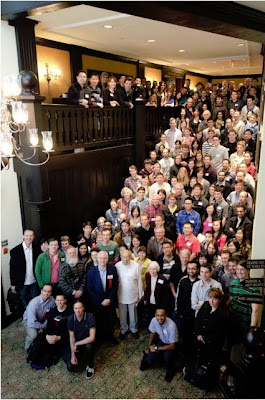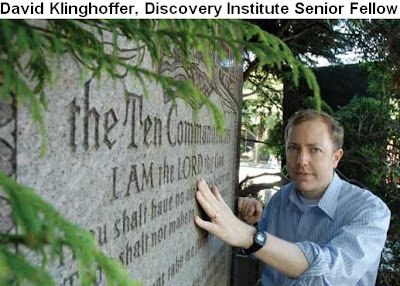Chris Mulherin is an Anglican Minister who studies the relationship of science and religion. In this video he claims that science and religion are compatible. Specifically, science and Christianity are compatible.
UPDATE: Eric MacDonald does an excellent job of taking down Chris Mulherin in Science and Religion Again!. MacDonald is a former Anglican priest. (Hat Tip: Jerry Coyne.
He doesn't explain how rising from the dead, miracles, souls, heaven, and a Bible full of lies are compatible with science. Instead, he concentrates on the old saw of different magisteria. Christianity answers different questions than science and discovers different truths.
Id' like to echo the challenge I made some years ago and the one Jerry Coyne issues today [
Do both science and faith produce truth?]. Can anyone give us an example of a "truth" discovered by religion—one that we all recognize as genuine knowledge? Name a "why" question that religion answers in a way that we all accept as meaningful and true.
1
Those who think that science and religion are compatible like to accuse us of not understanding the serious philosophical issues. I don't think that's correct but, if it is, here's a chance for the serious
courtier theologian to set us straight.
Waiting .....
1. It's not good enough to say that if only Christians accept the answer as true, then Christianity has discovered truth. If that were the case then astrology and homeopathy are also valid ways of finding truth even if astologers and homeopaths are the only ones who believe the answers. I'm guessing that no serious philosopher would defend such a ridiculous position.





































